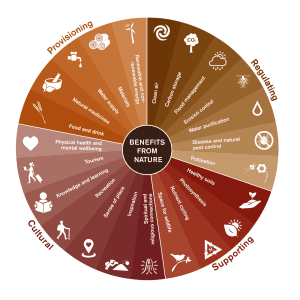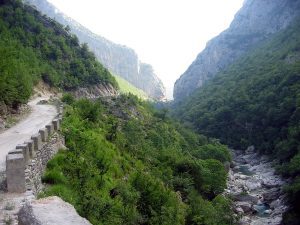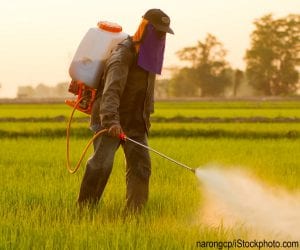People often think of themselves as separate from our environment, with “nature” as an abstract concept that you only venture into sometimes. But the reality is that humans are every bit as interconnected with the natural world as any other species. Humans would quickly falter without the ecosystems that surround us to provide the necessities for day-to-day life.
What Are Ecosystem Services?
Ecosystem services are the different ways that the natural ecosystems in our world facilitate our lives. These services provide the basis of our physical and emotional well-being and serve as a reminder of just how much we stand to lose when we allow ecosystems to be degraded.

Types of Ecosystem Services
1. Provisioning Services
Provisioning services refer to the raw materials that we use from the natural world. The most obvious of these services is food, whether that be the food that humans directly consume or feed for animals. But provisioning services also include construction materials, fresh water, and green energy.
Medicine might stand out as a particularly surprising example of a provisioning service. At least 40% of all of the medicines that we use are sourced directly from plants, many of which have been in use for centuries. When the ancient Greeks used St. John’s Wort to treat depression, they were using a provisioning service without even realizing it.
2. Regulating Services
Regulating services are ecosystem processes that humans don’t directly engage with that nevertheless improve our lives, especially our health. These services include things like carbon sequestration, pollination, water filtration, protection against soil erosion, and decomposition. Essentially, humans benefit from the ways that ecosystems keep themselves sustainable.
Air quality maintenance is one of the most significant regulating services. In addition to transforming carbon dioxide into breathable oxygen, plants like trees can filter out particulate matter, ozone, and carbon monoxide. This is one of the many reasons why green spaces in urban areas are so critical to human health: in addition to the psychological benefits they bring, plants work hard to make us breathe easier.
3. Cultural Services
Cultural services refer to the benefits that people get from ecosystems that aren’t directly involved in keeping us alive: these include things like recreation, spiritual experiences with nature, appreciation of beauty, and other intellectual experiences.
Tourism is a materially significant ecosystem service. Areas around the world from Yosemite National Park to Bora Bora attract millions of visitors every year because of the natural beauty found there. These cultural services boost the economy of their local areas and foster appreciation for the landscapes present there.
4. Supporting Services
Supporting services are the bedrock of all ecosystems; they are the processes that are necessary for all other ecosystem services to function. These services are generally large, all-encompassing concepts like photosynthesis or the water cycle. These foundational services create the basis for life on Earth in general, not just ecosystem services.
The maintenance of biodiversity is a critical form of supporting service. Without sufficient biodiversity, ecosystems fall out of balance and struggle to deliver any other service.
Maintaining Ecosystem Services for People and the Planet

Though humans rely on ecosystem services for our wellbeing, many ecosystem services are under threat because of human activity. Soil degradation, habitat fragmentation, desertification, and deforestation all contribute to the breakdown of ecosystem services that are critical components of human life. The preservation and maintenance of ecosystem services is one of the most important considerations when designing a sustainable, equitable future for all people everywhere.
Image credits: Wheel (The Benefits from Nature Wheel shows the ecosystem services we gain from our terrestrial environment. by NatureScot is licensed under UK Open Government License v.30); Gorge (Gorge of Tirana River north of Dajti Mountain and road to the village of Zall Dajti by Albinfo is licensed under CC BY-SA 2.5)




